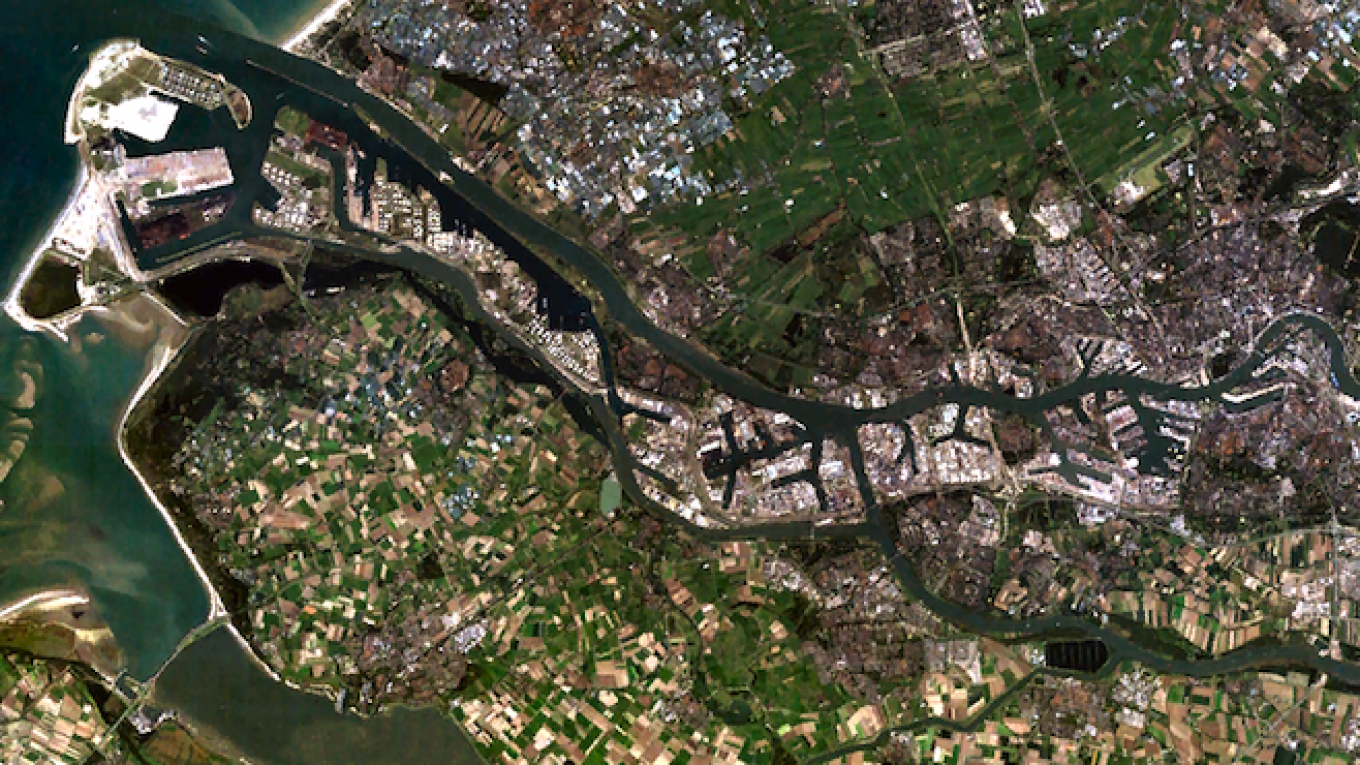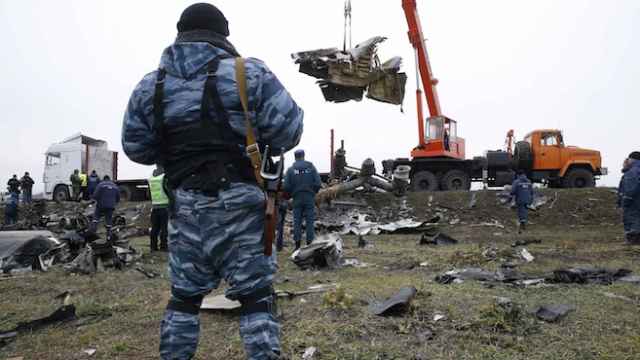AMSTERDAM — Rotterdam, Europe's largest port, said on Thursday that plans to build a Russian-backed 3 million cubic meter oil storage terminal had been cancelled after its Russian partner raised concerns over the project's feasibility.
The project, announced four years ago by Dutch Prime Minister Mark Rutte, was intended to store Urals crude oil and oil products and was hailed at the time as testimony to strong trade relations between the two countries.
In a statement on its website, the port said partner Shtandart TT, owned by Russian investment firm Summa Group, had wanted to reopen discussions on the schedule and quantities of oil products to be stored at the terminal.
"Shtandart TT has recently initiated discussions on the feasibility of the project, which have led to the decision to terminate the joint project," the port said, adding the site was now available for development by other parties.
In a statement Summa said the decision to terminate the contract reflected the changed macroeconomic situation and oil market conditions. It said it remained in a "good relationship" with the port and continued to own a bunker business there.
Relations between Russia and Europe have cooled dramatically since the outbreak of a separatist war involving Moscow-backed rebels in eastern Ukraine, and especially since the downing of a passenger airliner over rebel-held territory a year ago, with almost 200 Dutch citizens aboard.
Russian energy companies' financial positions have also become more precarious since the signing of the deal in 2011, as the energy export-dependent economy has been hit hard by a precipitous decline in oil prices.
Under the agreement with Rotterdam, Shtandart would have paid 170 million euros ($185 million) a year to lease the terminal over the next 30 years and the terminal would have generated a further 22 million euros in harbor fees each year, Dutch media reported.
A Message from The Moscow Times:
Dear readers,
We are facing unprecedented challenges. Russia's Prosecutor General's Office has designated The Moscow Times as an "undesirable" organization, criminalizing our work and putting our staff at risk of prosecution. This follows our earlier unjust labeling as a "foreign agent."
These actions are direct attempts to silence independent journalism in Russia. The authorities claim our work "discredits the decisions of the Russian leadership." We see things differently: we strive to provide accurate, unbiased reporting on Russia.
We, the journalists of The Moscow Times, refuse to be silenced. But to continue our work, we need your help.
Your support, no matter how small, makes a world of difference. If you can, please support us monthly starting from just $2. It's quick to set up, and every contribution makes a significant impact.
By supporting The Moscow Times, you're defending open, independent journalism in the face of repression. Thank you for standing with us.
Remind me later.






